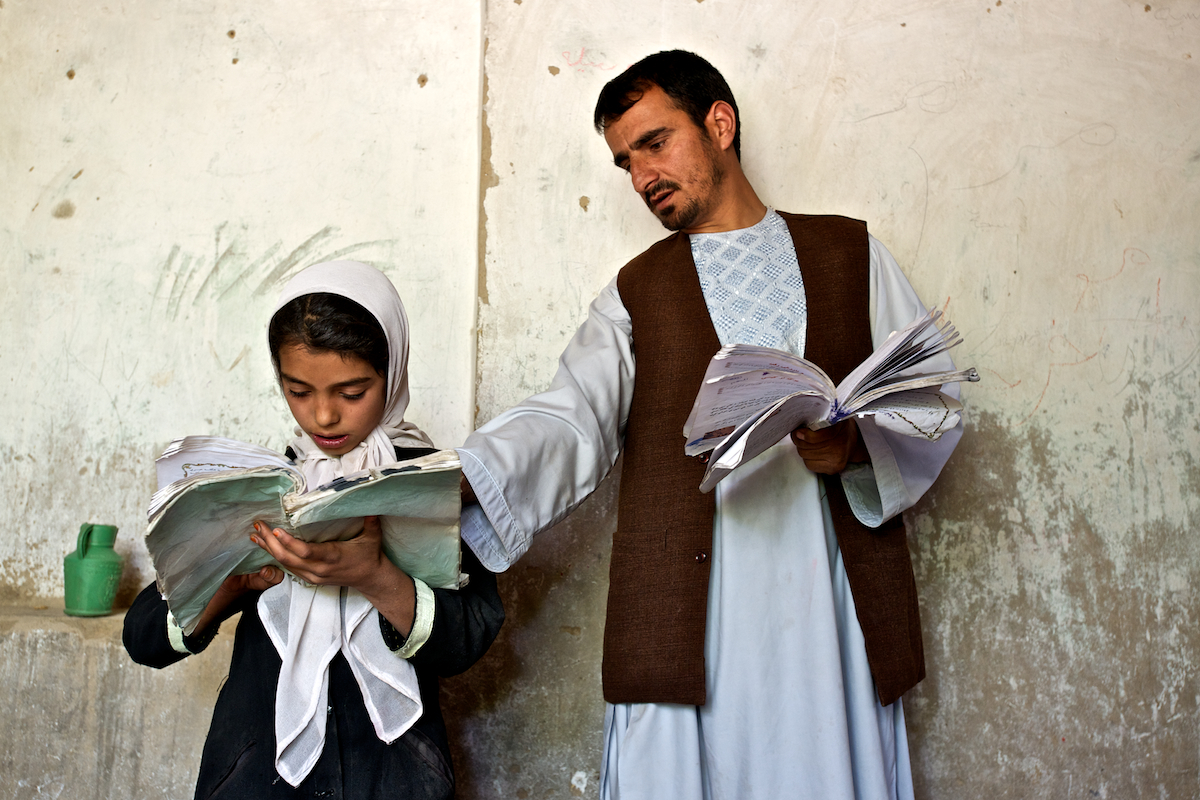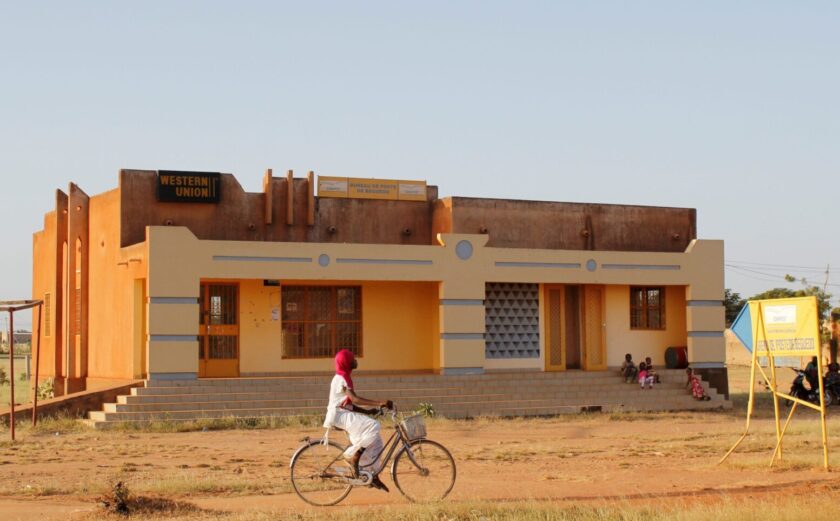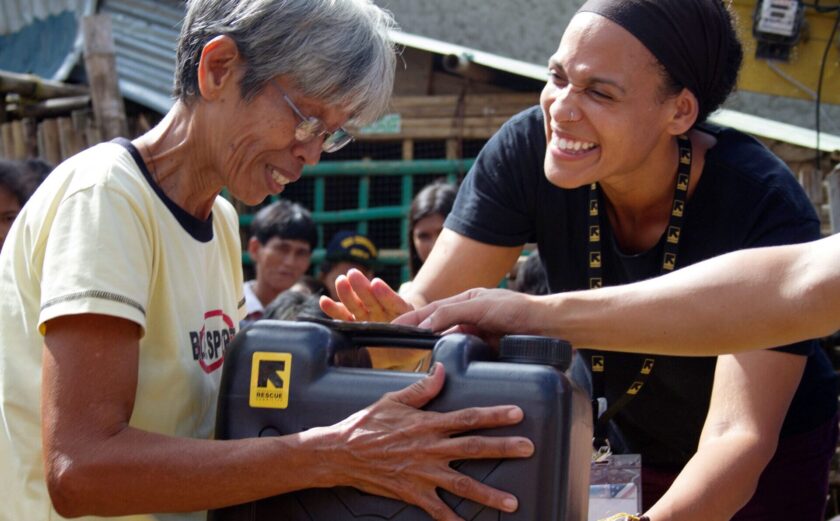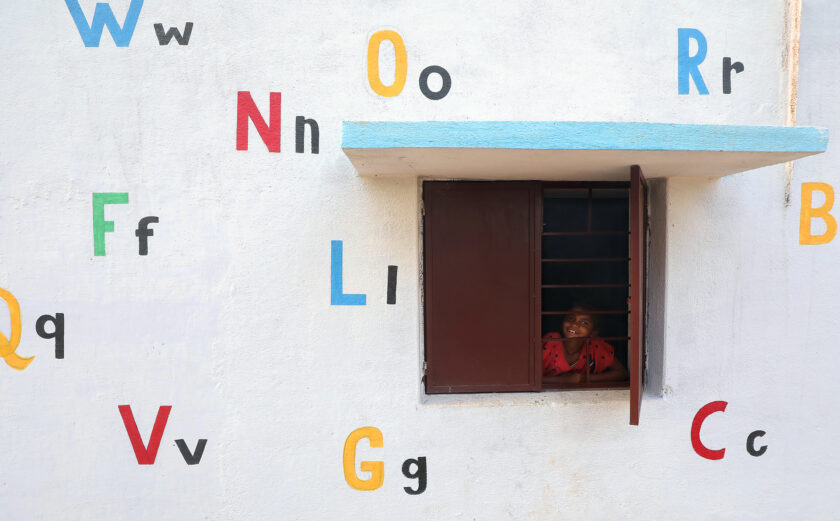
COVID-19 “Infodemic” Demonstrates the Dire Need for Journalism Free of Fear or Favor
This year’s World Press Freedom Day occurs during an unprecedented time of misinformation, demonstrating the ever-growing need for journalism “free of fear or favor.”
People around the globe rely on journalism to give them timely, accurate information. However, many countries have state-run media and, even in places like the United States, citizens believe mis- and disinformation they read on social media at an alarming rate. In a study conducted in early April by the Democracy Fund + UCLA Nationscape Project, one-third of Americans believed there was already a cure to COVID-19, and 52% said they believe that the disease was created in a lab.
Misinformation—false or misleading information spread inadvertently—is not new, but the uncertainty around COVID-19 provides a breeding ground for its spread, now being deemed an infodemic or misinfodemic. Online, articles and stories about the source of the disease, its symptoms, and its potential cures are boundless and often inaccurate. Conspiracy theories claiming that the virus was developed as a bioweapon by China or the U.S., or that 5G is linked to the spread, are gaining more traction than ever before. Governments are even participating in the spread of misinformation—France released unfounded warnings against consuming ibuprofen, for example.
Put simply, the spread of misinformation surrounding COVID-19 is putting even more lives at risk.
Journalism that politicizes a public health crisis fails to meet its goal of providing timely and accurate information. Politics and bias filter into journalism naturally, but this becomes much more dangerous when they are used to deliberately mislead. When bias and misinformation combine to create deliberate falsehoods with the intent to harm, it becomes “disinformation.”
Specifically, COVID-19 has been used to vilify people and reignite debates on healthcare. People calling the virus “Chinese” has endangered and isolated Chinese and Asian communities around the world. A widely spread post on Facebook claimed that Italy’s socialized healthcare system was letting the elderly die—an untrue claim used to stigmatize socialized healthcare. The political undertones of these messages support and exacerbate existing biases and encourage the spread of disinformation.
The reason for this increasing spread is simple: humans hate uncertainty.
Scientists do not yet know much about COVID-19. They have not had enough time to experiment and study its transmission, symptoms, and the fatalities it has caused, leaving them with limited answers on how to prevent people from contracting it or how to find a vaccine. Citizens yearn for more information to protect themselves and their families so they can make smarter decisions about their daily lives. This leads them to believe things that may not be true.
InterAction’s Member NGOs have been the subject of these attacks in the past. Fringe websites have claimed that NGOs are foreign agents of governments that they work with. Solidarity among NGOs is vital, now more than ever, and individual organizations should create a strong, positive public image to help counter this mis- and disinformation.
Misinformation was around long before COVID-19 and will last long after. The political and deliberate attacks that weaponize misinformation into disinformation are calculated to benefit the creator. What this infodemic demonstrates is that even science can be the subject of twisted language and unclear statements.
As we celebrate World Press Freedom Day, we must utilize the lessons we’re learning on mis- and disinformation to better educate ourselves and prepare for the future. Journalism without bias and freely written is vital to developing a well-educated and global citizenship.








